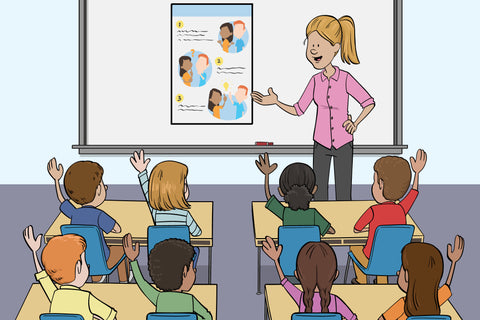National Drug and Alcohol Facts Week
Blog · Mar 20, 2024

March 18-24 is National Drug & Alcohol Facts Week (NDAFW).
This week is dedicated to educating parents and teens about the harmful effects of alcohol, nicotine, and other drugs (ATOD) use. This annual campaign fosters commitments to preventing substance use through multiple educational events and activities around the country. NDAFW events bring health educators, prevention specialists, drug-free community partners, parents, and teens together to advance the topics of substance use and addiction from a scientific perspective.
That’s great! But there’s more to prevention than just the facts.
The perception of the harm of substance use is a significant protective factor against the risk of engaging in substance use, and building a knowledge of the facts of those negative health effects is effective in building that perception. Most adolescents are satisfied enough by a knowledge of the risks to reject substance use as incompatible with their health priorities. Sadly, some are not convinced by the health risks of substance use and find numerous ways to dismiss the seriousness of the risks or the likelihood they will experience negative consequences and therefore choose to use.
To overcome these unhealthy coping strategies, effective prevention education programs build a foundation of self-efficacy and interpersonal skills to prepare the child to navigate the often complex social dynamics that model and accept risky behavior and minimize the risk of negative consequences. Equipped this way, adolescents can weigh the cost to their futures in the health, social, and legal risks of substance use and instead seek out alternative activities to achieve similar goals.
Skills like setting reachable goals, making responsible decisions, communicating effectively, identifying and managing emotions, and bonding with their pro-social peers prepare the adolescent to refuse peer pressure and influence, solve problems, resolve conflict, manage stress, and other ways to meet the challenges in life without turning to substance use to escape, relax, rebel, or experiment.
As soon as they discover the path they are on and develop the skills to protect their goals, teens are more inclined to choose actions consistent with their goals and not risk participating in any risky behaviors that could interfere with their ability to reach them.